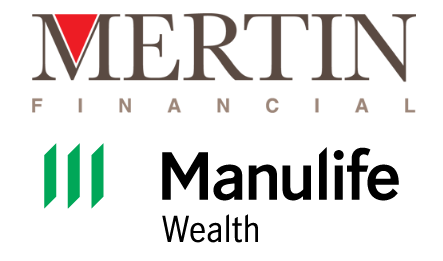What are the most common mistakes of fund investing
Article Licenses: unknown
Advisor Licenses:
Compliant content provided by Adviceon® Media for educational purposes only.
Here are several common mistakes that investors can make:

- No clear investment goals. Determine what you want from your mutual fund portfolio. This will help you choose the right investments to realistically meet your future expectations.
- Trying to time the market. Don’t get caught timing the market – when influenced by either of the two emotions – greed or fear. Greed compels people to buy when the stock market (and a fund’s unit value) is high. Conversely fear causes many to sell when the stock market’s value (and a fund’s unit value) is low. Make regular investments to benefit from dollar cost averaging (DCA) to level out the peaks and valleys of the market. It is time in the market, not timing, that counts.
- Not selecting investments with a long-term track record. Don’t just look at a mutual fund’s most recent performance. For a long-term investment, it is important to check out performance over one, three, five and ten year periods.
- Shopping for a specific mutual fund, not a family of funds. The fund you select today may not be the best one for tomorrow. By choosing a reputable family of funds, you ensure that you can switch in the future with minimal cost. A family of funds also allows you to move into a money market fund if the market is reacting in a state of fearful unrest such as prior to the debt crisis and the current continuation of the debt crisis in the Euro nations. Note: Fear is measured by a special volatility index called the VIX, which when above 40 can precipitate market sell-offs which can also affect a fund’s performance. It takes great skill to navigate the market (and fund investing) at these times.
- Investing too conservatively. Even if you are in your 50s, you still have about 30 years of investing time ahead. Look at investing some of your money for growth by using equity funds while keeping some in bond funds and dividend funds, and/or balanced funds.
- Not seeking financial advice. Making investment decisions can be confusing and intimidating. Unless you have exceptional knowledge of the market, your portfolio could be healthier with the help of a qualified financial advisor.
The Advisor and Manulife Securities Incorporated, ("Manulife Securities") do not make
any representation that the information in any linked site is accurate and
will not accept any responsibility or liability for any inaccuracies in
the information not maintained by them, such as linked sites. Any opinion
or advice expressed in a linked site should not be construed as the opinion
or advice of the advisor or Manulife Securities. The information in this
communication is subject to change without notice.
This publication contains opinions of the writer and may not reflect opinions
of the Advisor and Manulife Securities Incorporated, the information contained
herein was obtained from sources believed to be reliable, no representation,
or warranty, express or implied, is made by the writer, Manulife Securities or
any other person as to its accuracy, completeness or correctness. This
publication is not an offer to sell or a solicitation of an offer to buy any
of the securities. The securities discussed in this publication may not be
eligible for sale in some jurisdictions. If you are not a Canadian resident,
this report should not have been delivered to you. This publication is not
meant to provide legal or account advice. As each situation is different you
should consult your own professional Advisors for advice based on your
specific circumstances.





